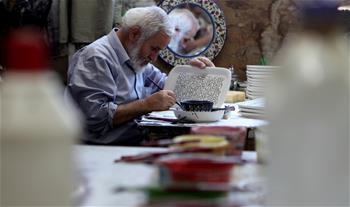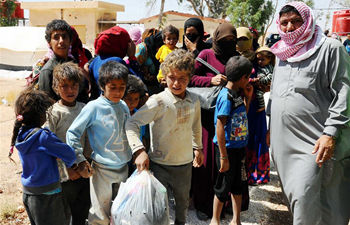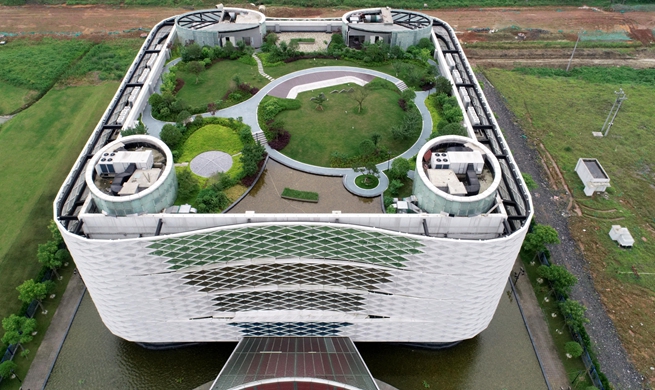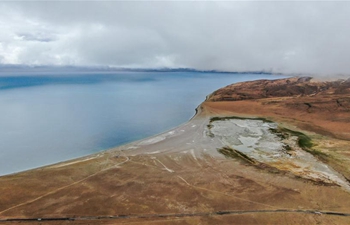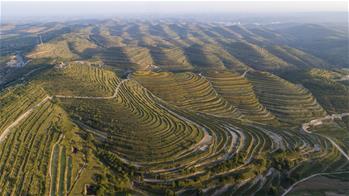THE HAGUE, Aug. 1 (Xinhua) -- After years of heated discussions, the "burqa ban" went into effect in the Netherlands on Thursday, despite criticism and questions on enforcing the law strictly.
Officially it is not just a "burqa ban", but a new Dutch law that partially prohibits face-covering clothing. It means that people are no longer allowed to enter public spaces such as hospitals, government buildings, schools and public transport with face-covering clothing, such as a burqa, niqab or balaclava.
"At these locations it is important for social safety and services that everyone can recognize and look at each other," the Dutch government explained. "It is therefore not permitted to wear clothing that makes the face unrecognizable."
If you break the law, the police can issue a fine of at least 150 euros (165 U.S. dollars). Such face-covering clothing may be worn on the street, but on the street the police may ask you to show your face so that you can identify yourself.
A "burqa ban" has been discussed in the Dutch parliament since 2005, with Party for Freedom PVV leader Geert Wilders being one of the main supporters. In June 2018 the senate finally approved the law now introduced on Thursday, following the example of countries like France and Belgium that have a "burqa ban" already. Wilders therefore called the introduction on Thursday a "historic day" and even argued for a ban on wearing a headscarf.
The Dutch Council of State was critical of the law. This independent government adviser previously wrote in an opinion to the government that the law speaks of different types of face-covering clothing, but that the prohibition is a consequence of objections specifically aimed at "Islamic face-covering clothing".
Law enforcement can become a problem, because various hospitals, public transport companies and schools have indicated that they refuse to deny people access on this ground. The four major cities Amsterdam, Rotterdam, The Hague and Utrecht also questioned the feasibility of the law and don't give it priority. Prime Minister Mark Rutte warned that the ban simply applies in all cities.
Facing such a situation an employee at a hospital, government building, schools or public transport must, according to the law, ask the person concerned to take off the clothing that covers the face or ask the person to otherwise leave the location. If the person concerned does not do this, the police can be called in.
These problematic situations are unlikely to occur on a regular basis. There are no exact figures, but according to Dutch media estimates, only a few hundred women in the Netherlands wear a niqab or burqa.


